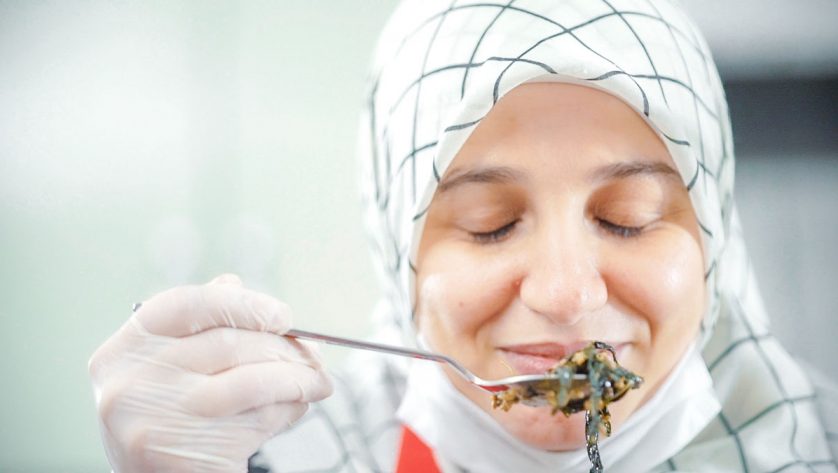In the flooding, devastation and disruption that comes after major storms, the household and neighborhood ecosystems that maintain people’s lives is turned upside down. Clean water is suddenly hard to come by. Washing and going to the bathroom can’t be done in the normal way. People are stressed, hungry, sad and they may have to stay in homes or shelters with many others.
It’s a biological environment where diseases and bacteria can thrive and easily spread.
Eva’s job is to use her knowledge of the natural and human world to help people in these situations understand the science and take steps to keep themselves safe. “I get to go into communities and have the chance of explaining things scientifically,” she says. “Things like ‘Why is hand-washing important?’, ‘Why do we need to prevent diseases like diarrhoea?’ and ‘Why is it important to treat the water?’”
Her knowledge comes in very handy when helping these communities find or restore access to clean water and sanitation systems, as well as encourage coping tactics that prevent the spread of diseases such as diarrhoea, cholera or other infectious diseases.
The path of science and humanity
While Eva’s desire to help others began at an early age, her particular path became clear after she finished her studies and spent some time traveling. She soon realized she could also help people far from her hometown of Barcelona and so she opted to do something in the humanitarian world. One way to do that was to connect her desire to help others with her scientific leanings.
Her first international assignments were as hygiene promoter in Mozambique after cyclone Idai in 2019 and in Honduras after two hurricanes, Eta and Iota, smashed into Central America withing two weeks of each other in December 2020. Those two storms caused widespread flooding affecting more than 7.5 million people in the region, of which 4 million are in Honduras.
“We worked to reach communities and shelters where people have found refuge after the hurricane,” Eva says of her work in Honduras. “Not only through awareness-raising activities, but also distributing menstrual hygiene kits”.
 Red Cross Red Crescent magazine
Red Cross Red Crescent magazine 
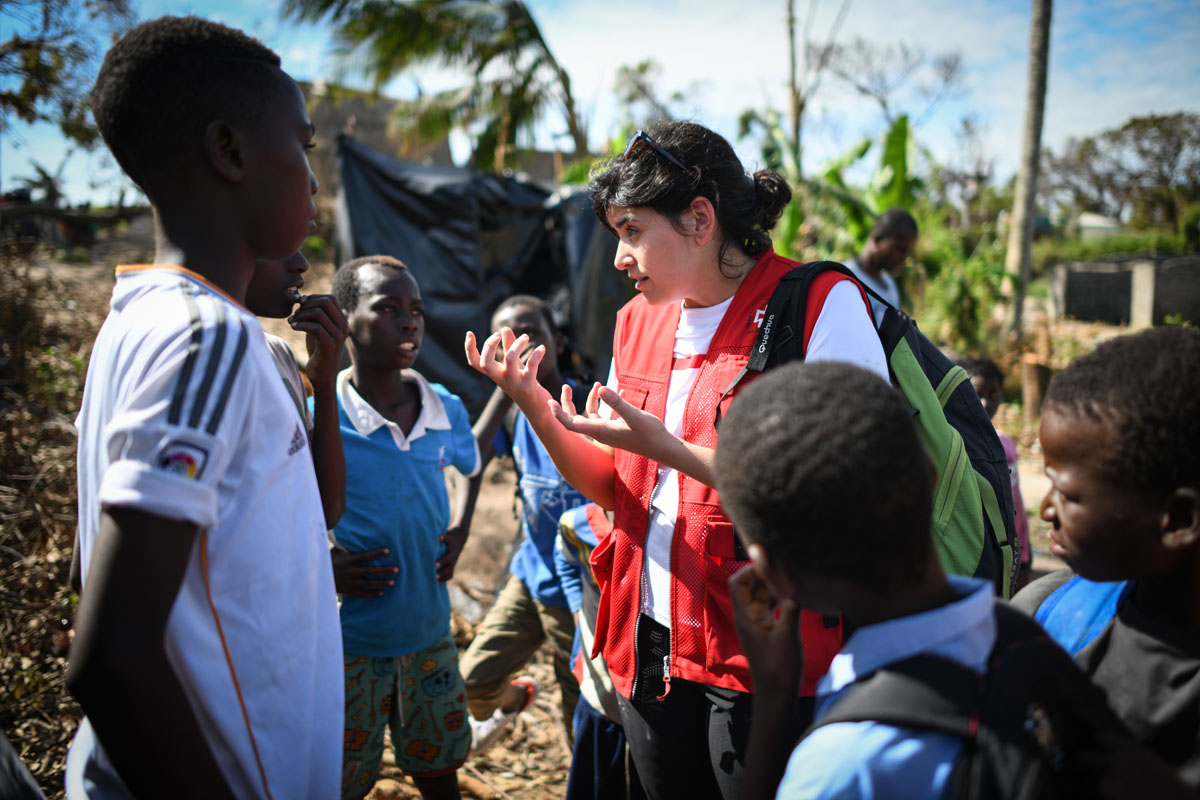
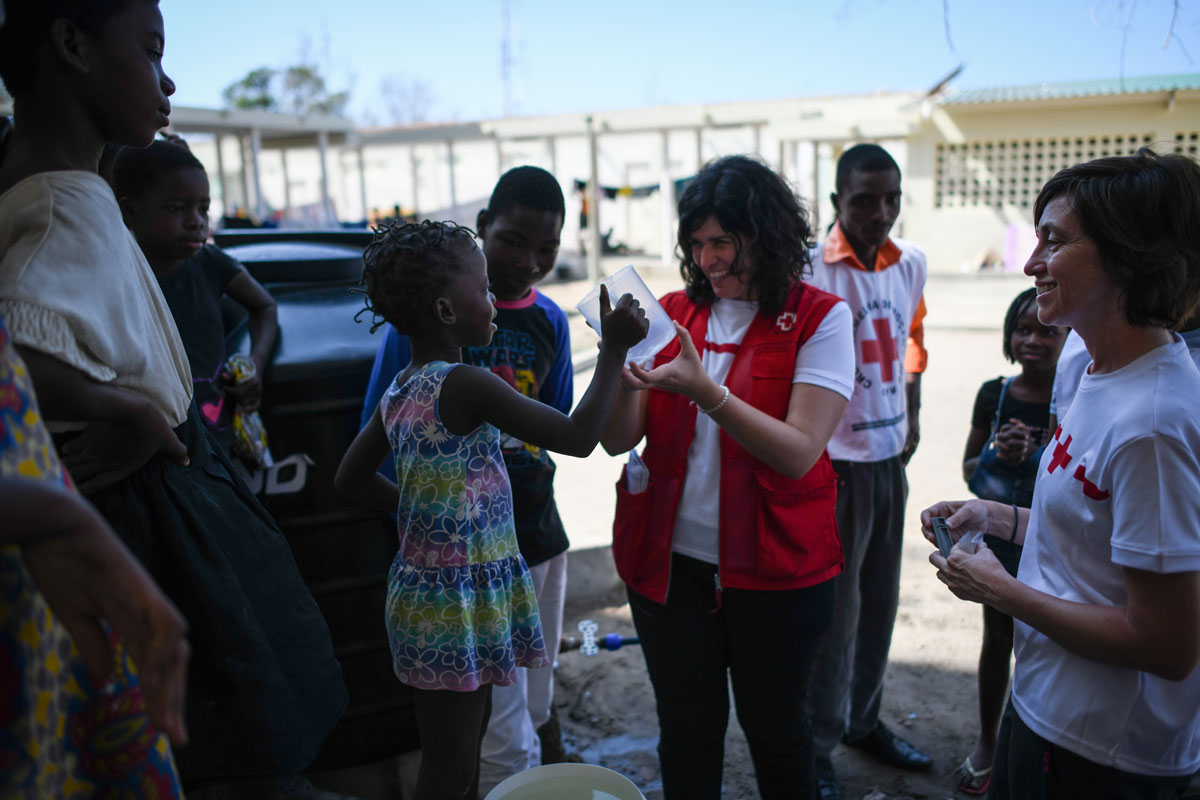
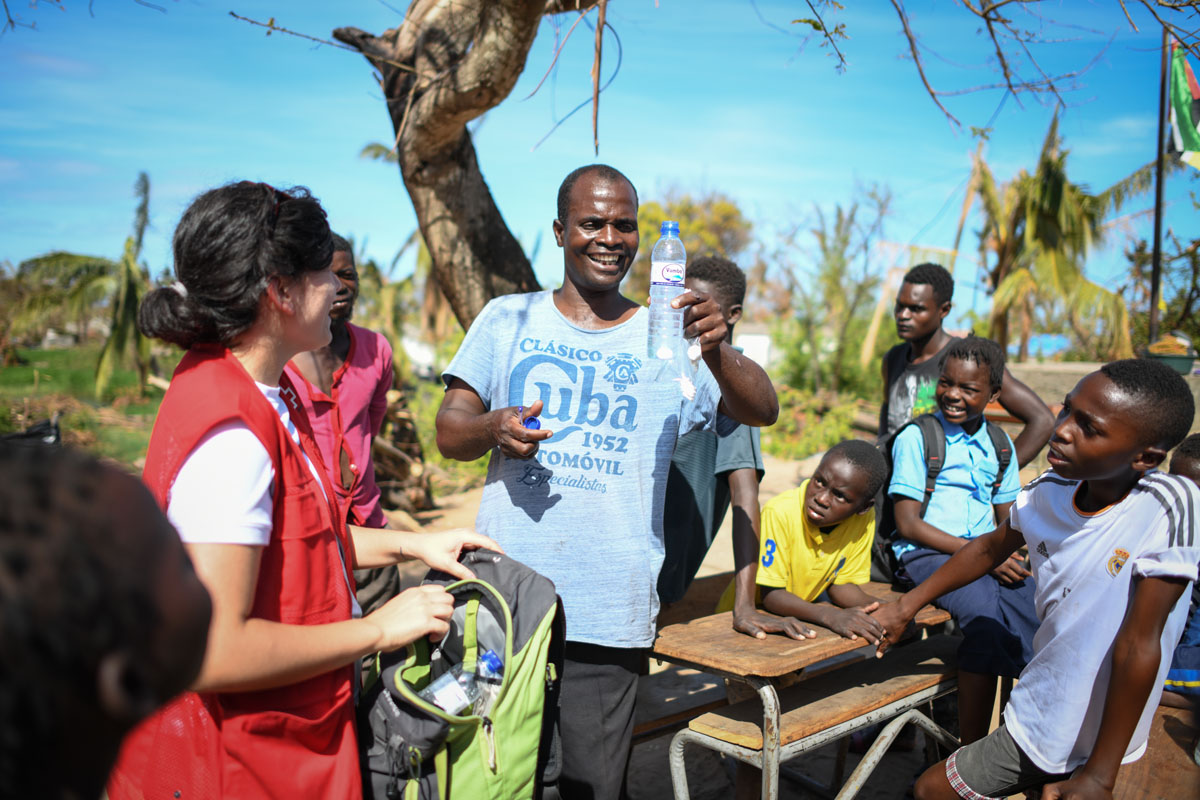
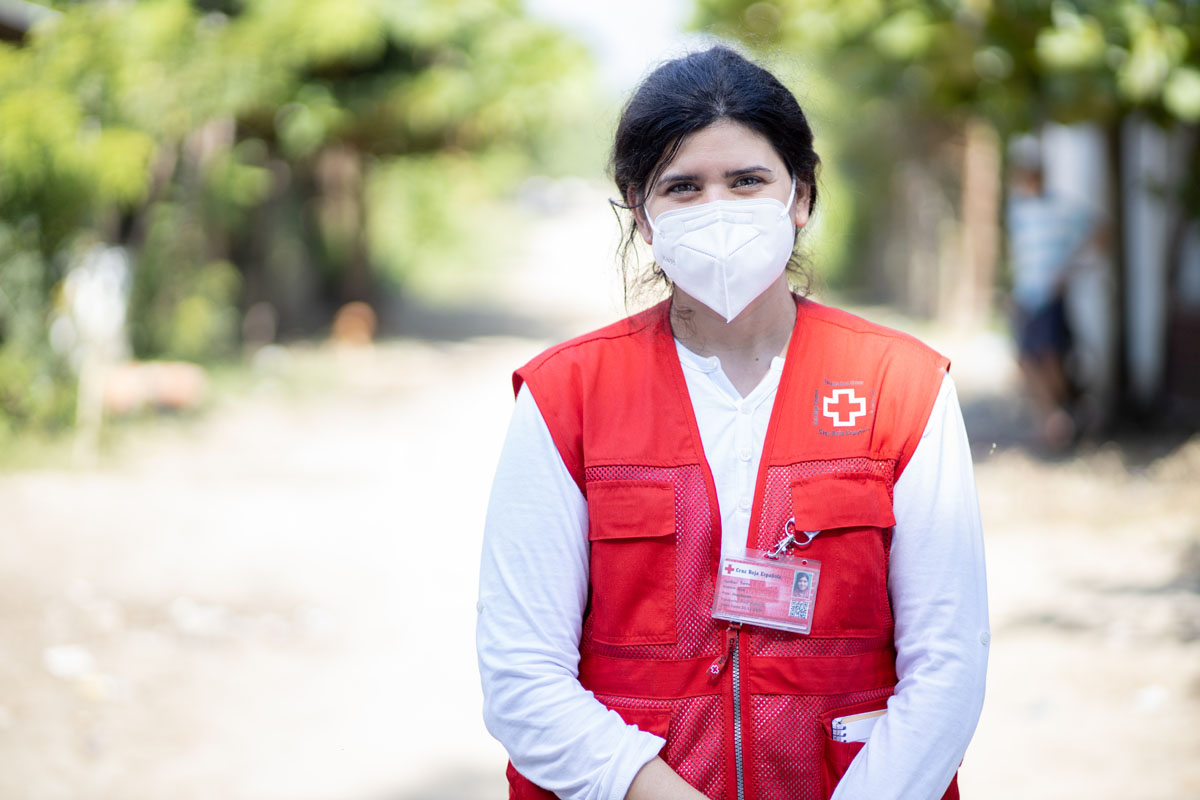

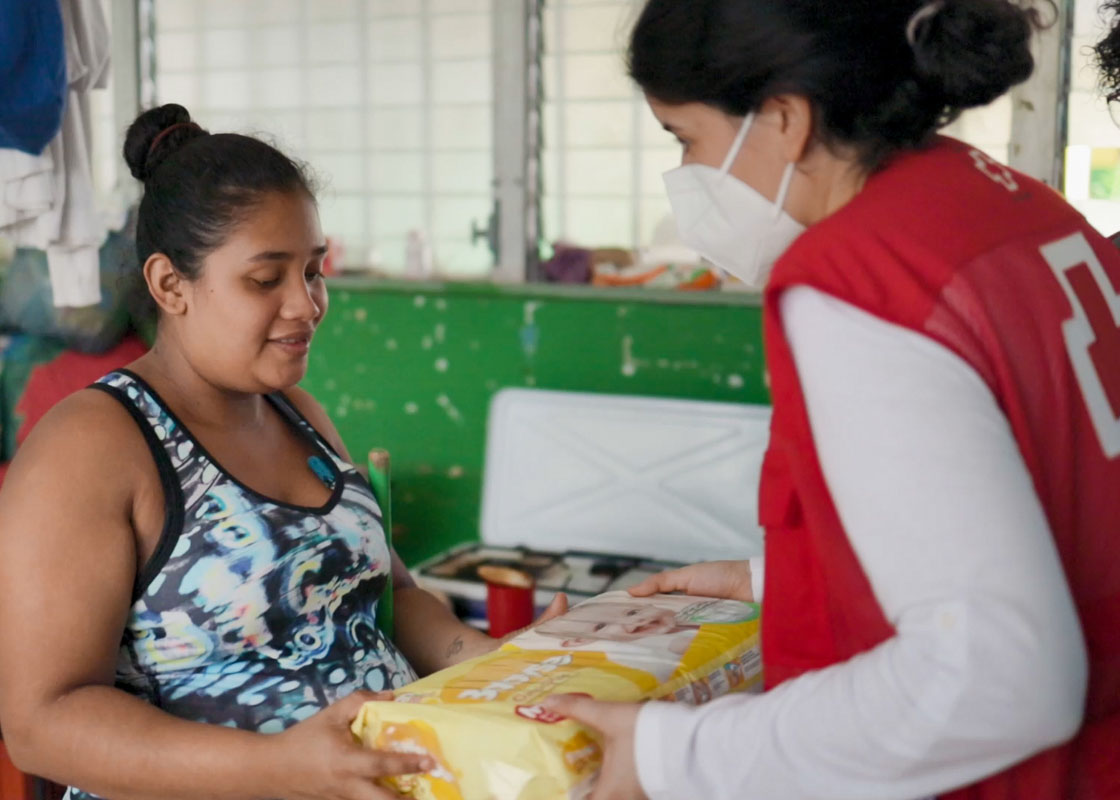





 Tech & Innovation
Tech & Innovation Climate Change
Climate Change Volunteers
Volunteers Health
Health Migration
Migration